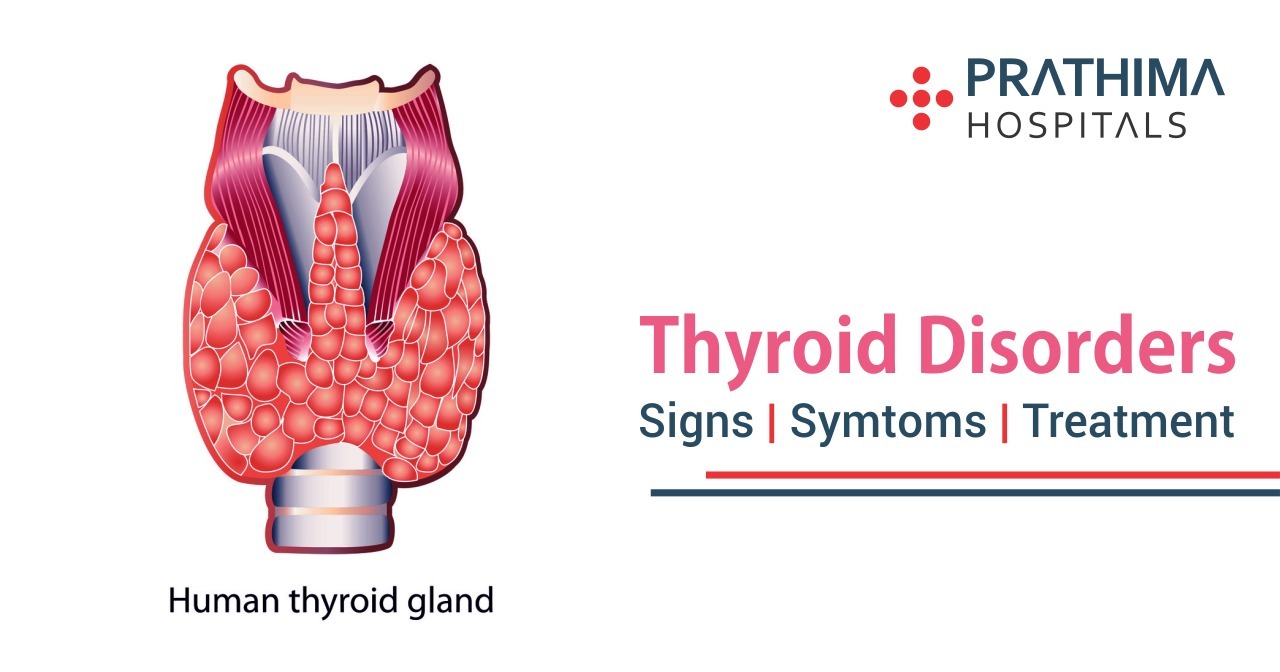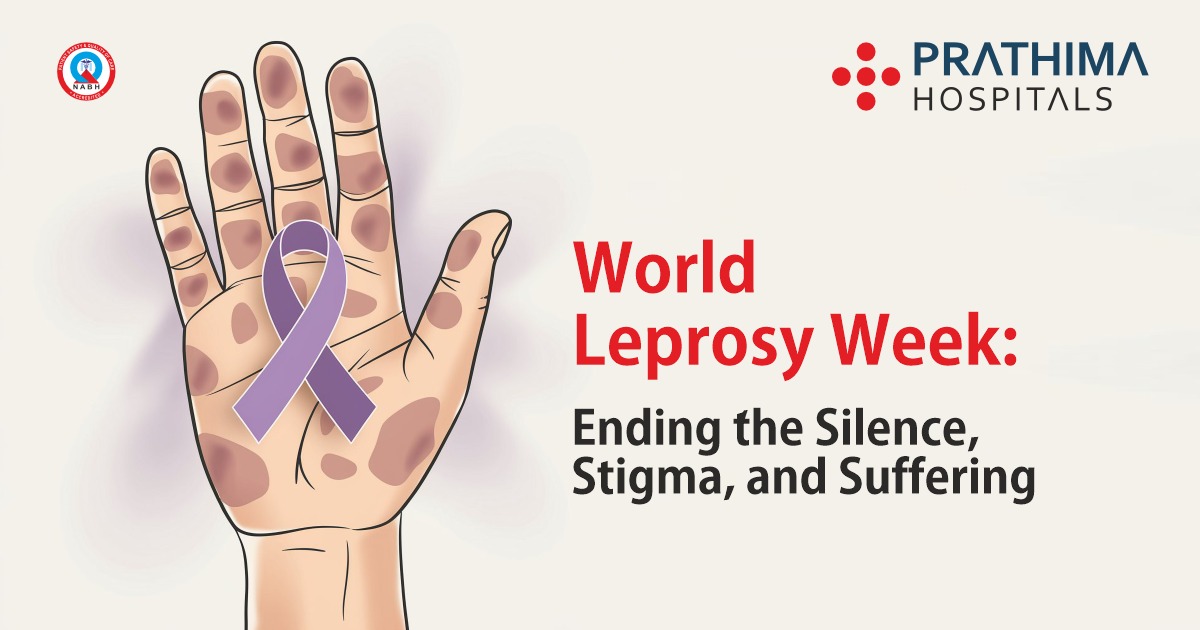Thyroid Disorders – Signs | Symptoms and Treatment

The thyroid is a butterfly-shaped organ situated in your neck around your windpipe General Medicine in Kukatpally. It releases the hormones triiodothyronine and tetraiodothyronine which are necessary for controlling the metabolism of your body by acting on various organs. You may think of it as a battery that is necessary for charging your body. The three major thyroid related illnesses are hypothyroidism, hyperthyroidism, and thyroid neoplasm.
Hypothyroidism is a condition associated with decreased production of thyroid hormones by your body. It is commonly seen in women, especially during their reproductive age, Occasionally it may be present from childhood in which case it’s important to diagnose it at the earliest since the delay in therapy can affect the child’s brain development. Some of the features of hypothyroidism are weight gain, dry skin, hair loss, easy fatiguability, dullness, mood changes and menstrual disturbances. The most common cause of hypothyroidism is due to Hashimoto thyroiditis which is an autoimmune condition. This condition generally requires life-long therapy. The management of hypothyroidism comprises of replacement of tetraiodothyronine, generally in the form of levothyroxine tablets. The other causes of hypothyroidism include iodine deficiency, drug-related hypothyroidism, and destruction or infiltration of the thyroid gland.
Hyperthyroidism is a condition associated with increased production of thyroid hormones which may manifest as weight loss, sweating, tremors of hands, palpitations, increased appetite, increased stool frequency and anxiety. The causes of hyperthyroidism include an autoimmune condition called a graves disease, thyroid tumors producing more hormones or intake of certain drugs which can stimulate the thyroid to produce more hormones. The treatment of hyperthyroidism comprises of medicines, surgery or radioactive iodine depending on the patient profile. Thyroiditis is a condition which closely mimics hyperthyroidism and is seen due to the destruction of thyroid and release of hormones present in the thyroid. This condition is often temporary and resolves on its own.
Many times the patient might present with a thyroid swelling, which is commonly referred to as a goiter. While in most cases it might be benign, It is important for the thyroid swelling to be evaluated thoroughly in order to rule conditions such as a thyroid cancer in which case surgery would be required.






Warning: Undefined variable $req in /home/u885608126/domains/prathimahospitals.com/public_html/wp-content/themes/prathimahospitals/functions.php on line 294
Warning: Undefined variable $commenter in /home/u885608126/domains/prathimahospitals.com/public_html/wp-content/themes/prathimahospitals/functions.php on line 295
Warning: Trying to access array offset on value of type null in /home/u885608126/domains/prathimahospitals.com/public_html/wp-content/themes/prathimahospitals/functions.php on line 295
Warning: Undefined variable $aria_req in /home/u885608126/domains/prathimahospitals.com/public_html/wp-content/themes/prathimahospitals/functions.php on line 295
Warning: Undefined variable $req in /home/u885608126/domains/prathimahospitals.com/public_html/wp-content/themes/prathimahospitals/functions.php on line 298
Warning: Undefined variable $commenter in /home/u885608126/domains/prathimahospitals.com/public_html/wp-content/themes/prathimahospitals/functions.php on line 299
Warning: Trying to access array offset on value of type null in /home/u885608126/domains/prathimahospitals.com/public_html/wp-content/themes/prathimahospitals/functions.php on line 299
Warning: Undefined variable $aria_req in /home/u885608126/domains/prathimahospitals.com/public_html/wp-content/themes/prathimahospitals/functions.php on line 300
Warning: Undefined variable $commenter in /home/u885608126/domains/prathimahospitals.com/public_html/wp-content/themes/prathimahospitals/functions.php on line 303
Warning: Trying to access array offset on value of type null in /home/u885608126/domains/prathimahospitals.com/public_html/wp-content/themes/prathimahospitals/functions.php on line 303